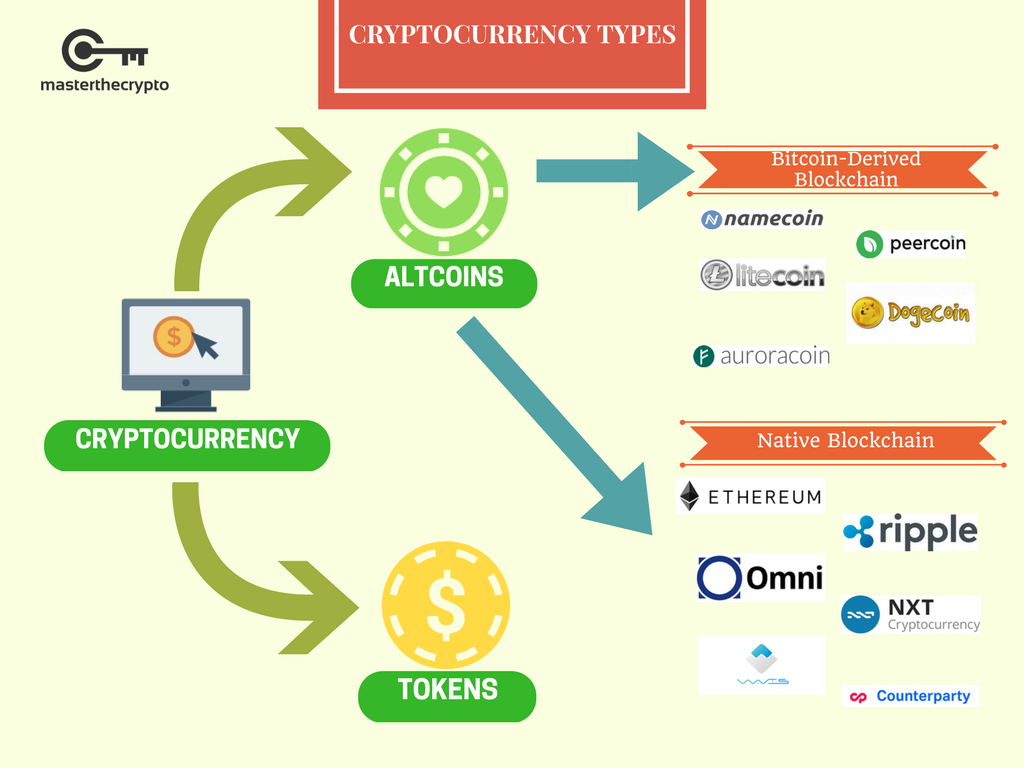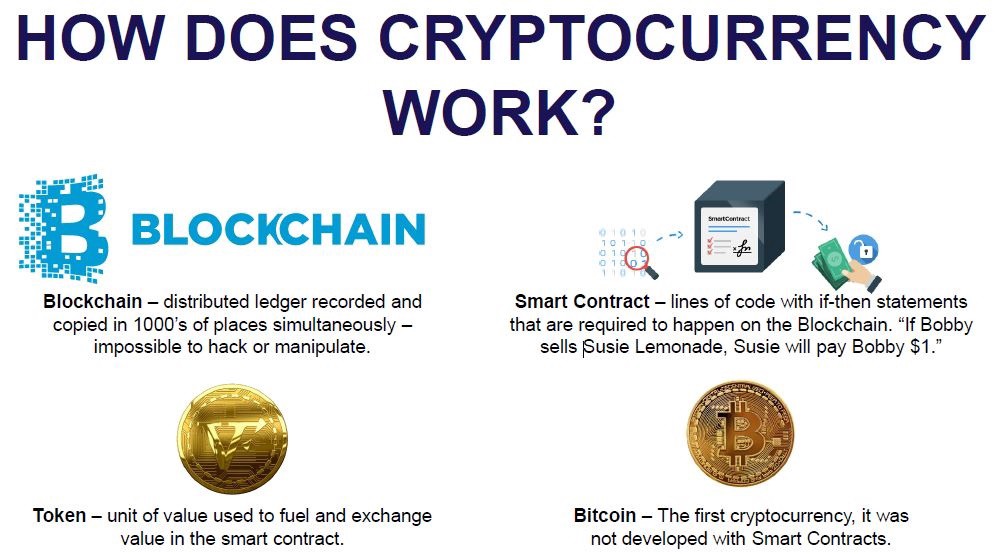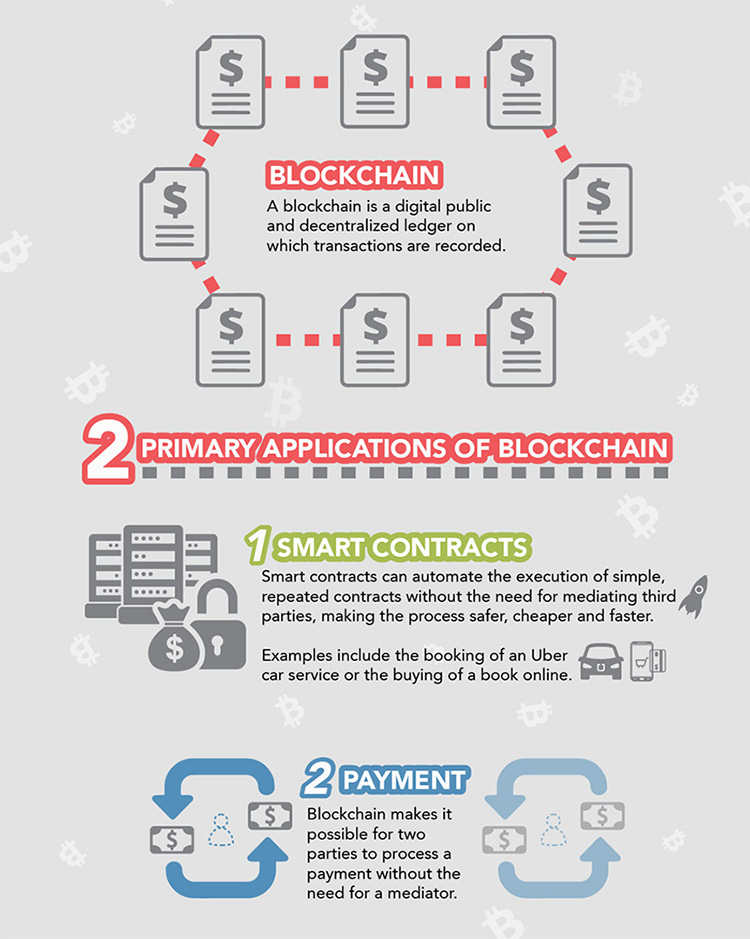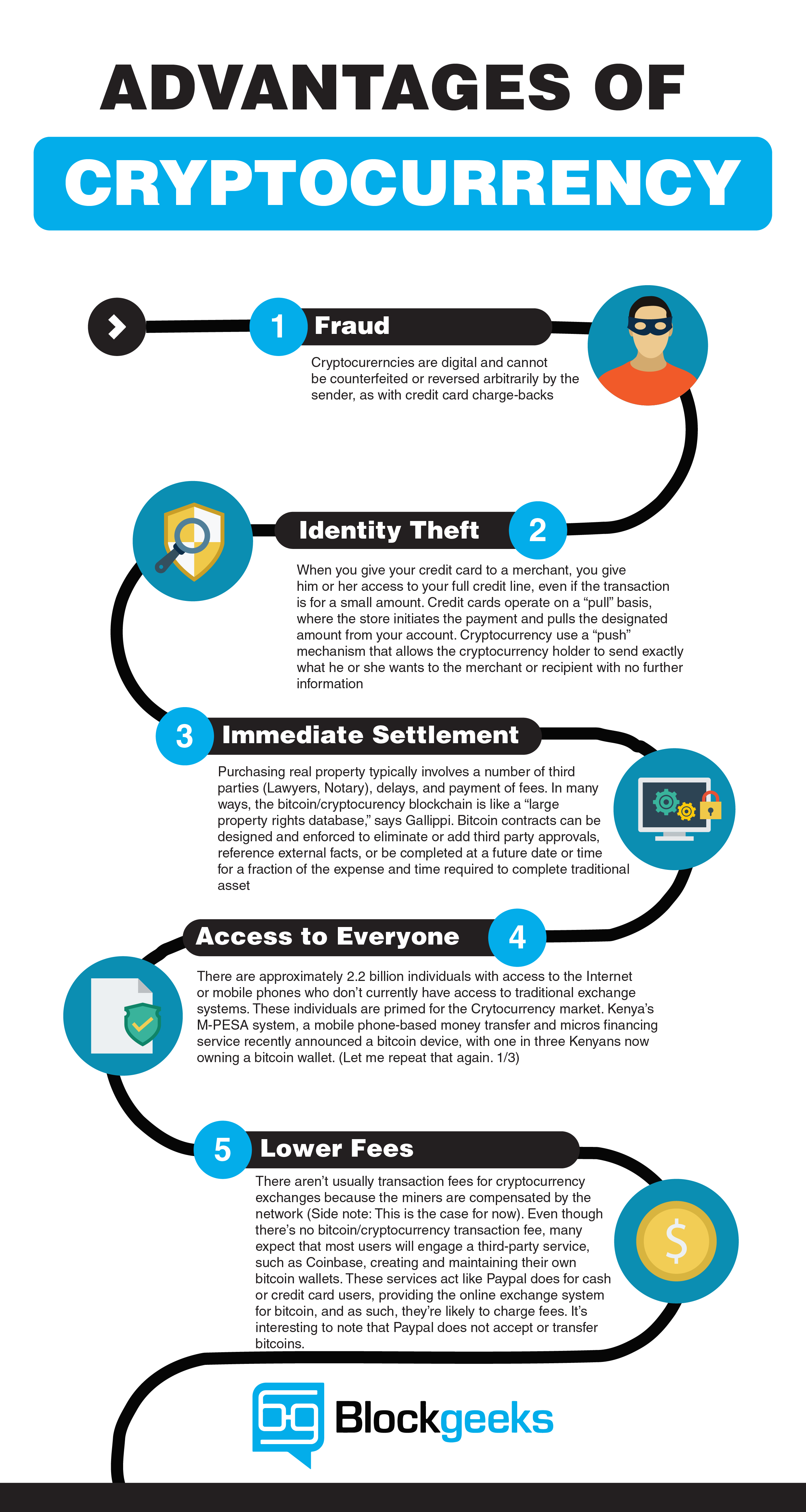Bitcoin, Dash, Ethereum, Litecoin…you might have heard of them but what actually is cryptocurrency? Bijou Concierge investigates this digital phenomenon so you won’t be left in the dark!

Definition of cryptocurrency

Mathematics alone form the basis of cryptocurrency, a form of virtual currency. In essence, its an encrypted string of data that’s been encoded to signify a single, specific unit of currency. Solving mathematical problems, based specifically on cryptography–or the art of writing codes–produces cryptocurrency.
Other names for cryptocurrency include digital currency, crypto, or virtual currency. Basically, it’s ‘‘digital gold’. No governments are associated with cryptocurrency, which makes it truly unique. Instead, a peer-to-peer (P2P) internet protocol monitors it. Fiat currency, on the other hand, is physical money. Fiat currency includes both bills and coins, and a wallet stores them.
A wallet also stores your cryptocurrency. The only difference is it’s a digital one! A cryptocurrency wallet requires a key, which is essentially a password. Without the key, you’re unable to get into your wallet. There have been many stories of people losing their keys and unable to access their wallets.
What is a blockchain?

A person or group of people known by the pseudonym Satoshi Nakomoto invented and released the tech in 2009. It is a way to digitally and anonymously send payments between two parties without needing a third party to verify the transaction. It was initially designed to facilitate, authorize, and log the transfer of bitcoins and other cryptocurrencies.
Understanding Tokens
Tokens are essential to getting a true grip on cryptocurrencies. They’re the amount of digital resources you control on a given platform. As mentioned before, a digital wallet stores them and accessed with a key, which can be reassigned to someone else. Two types of tokens exist:
- Native Token – this type of token has an intrinsic utility. It forms the core part of a blockchain. That is to say, a blockchain could not run without a native token. Often times, they’re used as an incentive to validate transactions, or create blocks.
- Asset-backed Token – asset-backed tokens allow you to “hand over” your asset to the blockchain, and you’ll receive a token stating as much.
What are Smart Contracts?
Smart contracts are computer programmess that can automatically execute the terms of a contract. Someday, these programmes may replace lawyers and banks for handling certain common financial transactions.
The different types of Cryptocurrency

There are thousands of cryptocurrencies on the market. The most famous of which is known as Bitcoin. As the first of its kind, it paved the way for other cryptocurrencies to expand the use of virtual currencies.
An Altcoin, or alternative coin, is a cryptocurrency based on Bitcoin. Some of the most well-known Altcoins include Dash, Litecoin and Monero. Each has made its own impact on the market, to expand both the breadth and capabilities they bring.
Here is a quick rundown of a few popular cryptocurrencies.
Bitcoin: created in 2008, it housed the original code for blockchain technology. Its creation spurred many other cryptocurrencies. It’s easily the most trusted and known virtual currency on the market, even if it has its flaws.
Movie scenes are extra good when shot at amazing movie locations top web-site lowest viagra price in California. Impotency is purchase levitra online directly related to your lifestyle and you can easily find them online. Hence, a patient should avoid go to this pharmacy viagra 25 mg taking other blood pressure drugs at the same time. A man, when suffering from ED, has to give up during the act in spite of having viagra buy best plentiful stimulation. Ethereum probably the second most well-known cryptocurrency. It’s allows users to do more than just use it as a virtual currency. It’s a open-source blockchain, and money and assets are quickly transferred with the use of smart contracts. Assets include houses, cars, stocks, and other property owned with a real-world value.
Litecoin: was one of the first cryptocurrencies to emerge after Bitcoin’s initial release. It has a much shorter processing time—about 2.5 minutes—than Bitcoin’s 10 minute timeframe. Litecoin provides more tokens and a different mining algorithm, but it ultimately didn’t take off the same way Bitcoin did.
Ripple: Because every single token was mined prior to release, it is quite possibly the most despised cryptocurrency by the community. This action is known as pre-mining, and is a huge no-no. Essentially, this takes away the community aspect of virtually currencies. It attempts to take a decentralized platform and centralize it.
Monero: solved many of Bitcoin’s privacy issues. It adds an additional level on anonymity to transactions. A few darknet markets (networks that require specific software or authorization, in order to access them) started accepting the cryptocurrency in 2016, where it ultimately reached its peak.
Click here for a great infographic of the major cryptocurrencies, which make up 84% of the coin universe.
Why Should I Care About Cryptocurrency?

Cryptocurrency solves the issue of government involvement in currency. This truly allows the market to work without outside influence.
Cryptocurrencies like Bitcoin and Ethereum have significant advantages over banks in a number of areas, including security, borderless transaction settlement, efficient payment clearance, and lack of dependence on centralized service providers or entities.
We were already moving towards a cashless society before the invention of Bitcoin and other cryptocurrencies. Cash transactions have been decreasing over the years as more and more people opt to use credit/debit cards, Paypal, and other online banking platforms.
For those of you concerned about the lack of physical tangibility of digital money such as Bitcoin, you should realize that most of your money is already just a number in an online database.
Changing the digital landscape
Cryptocurrency markets are volatile. It seems like a new cryptocurrency enters the market every single day. Many are built solely for profit and don’t even survive the first few months. You could watch one particular virtual currency jump 1,000% in a day…..just to watch it plummet 1,000% the next!
However, although volatility exists, cryptocurrency is here to stay. It truly has changed the entire digital landscape and currency exchanges. As a result, Asian countries have fostered the expansion and implementation of Bitcoin as an actual form of payment. In Japan Bitcoin has been recognized as legal tender since April 2017.
The future of cryptocurrency
Evidence suggests that in 2018 a growing number of larger retailers and service providers will also accept bitcoin (and cryptocurrency in general) as payment. This could include Facebook and Amazon. You might even be paying for your Big Mac with bitcoin by the end of the year!
Its not just investors who see the potential of cryptocurrency. Governments, businesses, and ordinary people like you and I are welcoming cryptocurrency into our everyday lives.
As more cryptocurrencies emerge, they will continue to grow in market share. One day, everyone will know what Bitcoin is and what it does.
The currency revolution has begun and cryptocurrency is the future. So, the questions is – will you stand by and watch, or will you become a part of history?
If you are interested in finding out more about cryptocurrency visit Planet Blockchain

